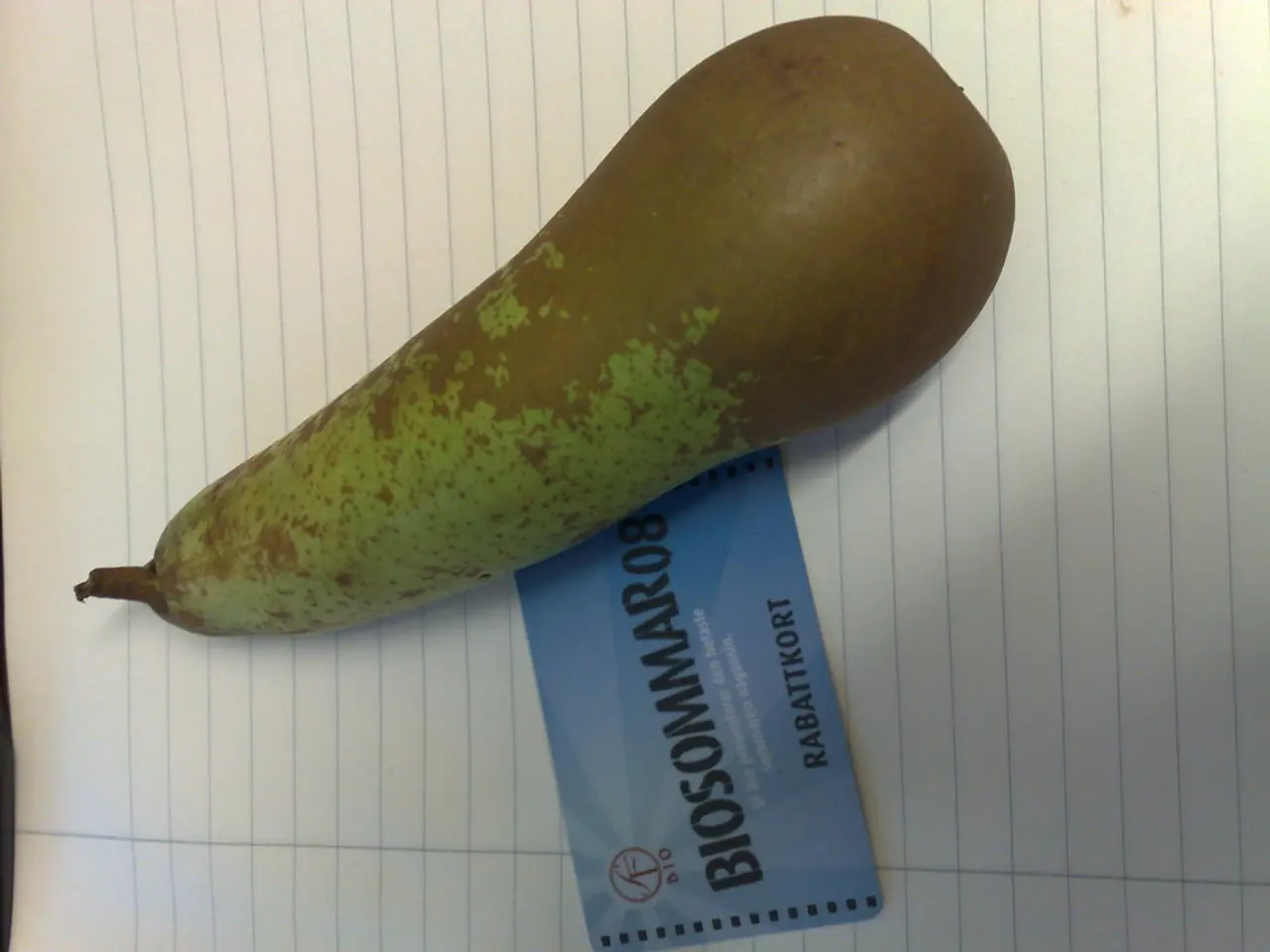Managing Gout in the Shoulder: Symptoms, Causes, and Treatment
Shoulder Gout: Signs, Causes, and Further Details
Gout, a form of inflammatory arthritis, can affect various joints, including the shoulder. Here's what you need to know about the common symptoms, causes, and treatment options for gout in the shoulder.
Common Symptoms of Gout in the Shoulder
Gout in the shoulder presents several distinct symptoms, such as: - Sudden, Intense Pain: Described as sharp or burning, this pain can occur without warning and severely limit daily activities. - Swelling and Redness: The affected area may appear swollen with warm, reddened skin due to inflammation. - Limited Range of Motion: Pain and stiffness make lifting or reaching difficult, potentially impacting overall shoulder function if not treated. - Recurring Flare-Ups: These are characteristic of gout, with periods of severe pain followed by symptom-free intervals.
Causes of Gout in the Shoulder
Gout results from excessive uric acid levels in the body, which can form crystals in joints, including the shoulder. Factors contributing to high uric acid levels include:
- Genetic Predisposition: Variations in genes like SLC2A9 can affect uric acid metabolism.
- Diet and Lifestyle: Factors such as excessive alcohol consumption, poor diet, and obesity can increase uric acid levels.
- Certain Medications: Some drugs can precipitate gout attacks by affecting uric acid levels.
Treatment Options for Gout in the Shoulder
Treatment for gout in the shoulder typically involves managing acute attacks and preventing future episodes:
- Acute Treatment: First-line treatments include colchicine, NSAIDs (Nonsteroidal Anti-Inflammatory Drugs), or glucocorticoids. The choice depends on patient-specific factors.
- Urate-Lowering Therapy (ULT): For chronic gout, medications like allopurinol or febuxostat are used to reduce uric acid levels, preventing future flares.
- Lifestyle Changes: Dietary adjustments (e.g., limiting alcohol and purine-rich foods) and weight management can help reduce uric acid levels and prevent attacks.
In addition to these treatment options, a doctor may take samples from swollen bursae in the joint of a person with gout. Symptoms of gout in a person's shoulder could include limited mobility, weakness, and destruction of bone in the shoulder joint.
If you experience symptoms of gout in your shoulder, it's essential to speak with a rheumatologist, a doctor who specializes in gout and other inflammatory conditions that affect the joints. Preventative measures, such as maintaining a healthy diet, regular exercise, and managing weight, can help reduce the risk of developing gout.
- Musculoskeletal issues like gout in the shoulder can be managed by understanding its common symptoms, causes, and treatment options.
- Chronic diseases, such as gout, might be caused by factors like genetics, poor diet, obesity, or certain medications that affect uric acid metabolism and levels.
- Science helps us understand the causes of gout and develop therapies and treatments, like urate-lowering therapy (ULT) and lifestyle changes, to manage the condition effectively.
- Workplace-wellness initiatives, focusing on nutrition, fitness-and-exercise, and mental-health support, can help prevent the onset of chronic diseases like gout.
- Skin care and therapies-and-treatments play a crucial role in managing symptoms and promoting recovery in musculoskeletal conditions like gout, which can present with swelling and redness.
- Dealing with chronic conditions like gout requires a holistic approach, addressing not only the physical symptoms but also the impact on mental health.
- Regular sports activities, as part of a healthy lifestyle, can contribute to overall health-and-wellness, helping prevent the development of chronic conditions like gout.




